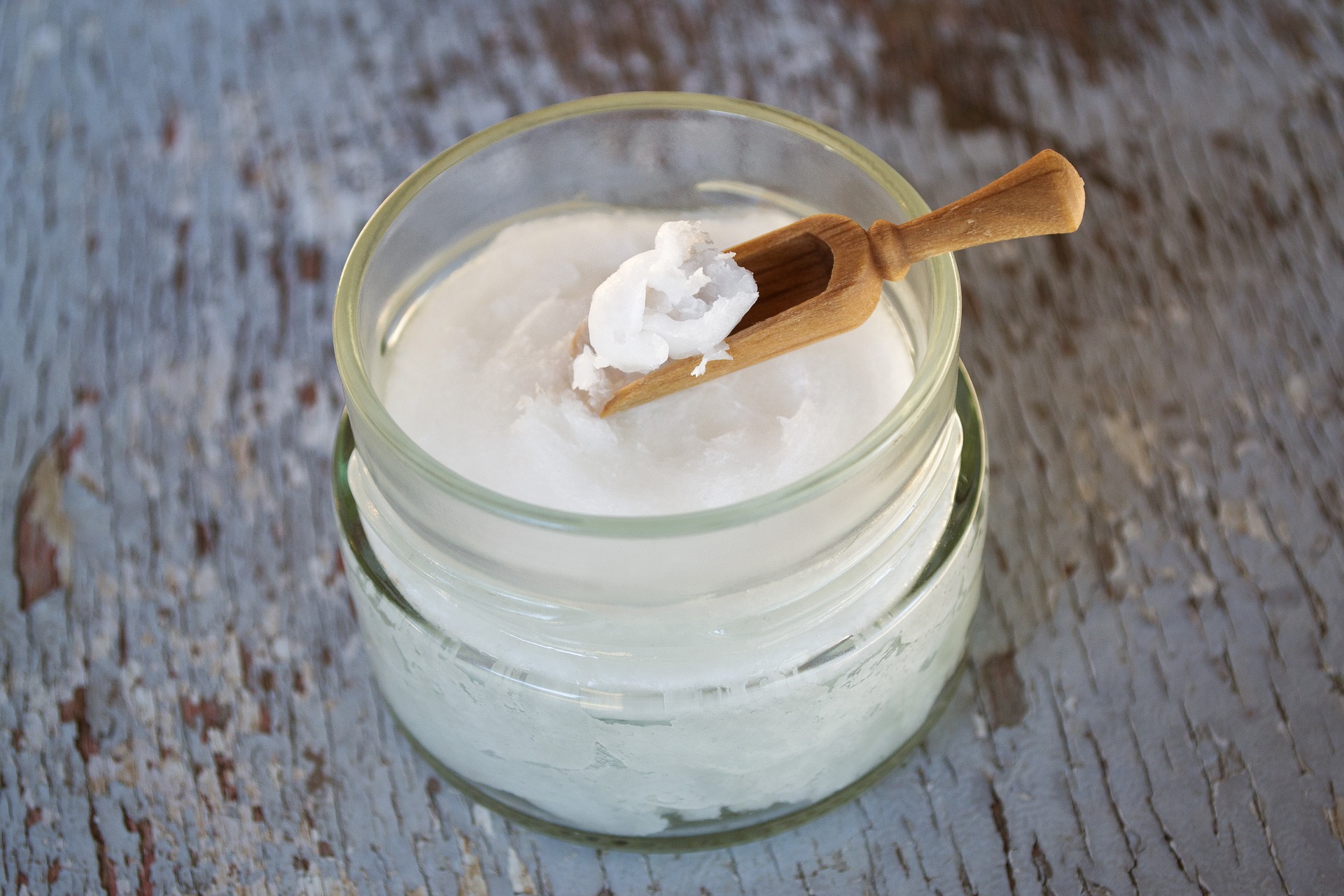
For the last few years Coconut Oil, in all its forms and uses, has been all the rage among health enthusiasts. Numerous articles, books and TV programs have been created for the sole purpose, it seems, of educating the consumers on the amazing benefits of this product. There is not a single store where Raw Virgin Coconut Oil, Pure Organic Coconut Oil and the like could not be found in great quantities and from different manufacturers.
And yet, after this targeted campaign of the Coconut Oil manufacturers upon the American consumer, the American Heart Association is now warning that this oil may not be the miracle cure everyone expected it to be. Many controversial articles have been written that either support or deny the AHA’s findings. Of course, many are penned by the “advocates” that are paid directly by the Coconut Oil producers.
As a biochemist, I try to get the facts, not opinions, about each skin care ingredient we use. After all, as Neil deGrasse Tyson so cleverly stated, the good thing about science is it’s true whether you believe it or not. After researching Coconut Oil for a long period of time from skincare view point we have observed the following:
- Although using Coconut Oil, as skin moisturizer, is vastly better than using the cocktails of dangerous chemicals that are ever present in today’s skincare products, it is still not enough to deliver all the nutrients your skin needs daily. Imagine that your favorite food is kale. Kale is wonderful and healthy – everyone knows it. But now imagine that you can only eat kale, day after day – breakfast, lunch and dinner, for years and years. Will you receive all the nutrients your body needs? Obviously, not. No matter how wonderful kale is, you still need nutrients that are contained in other foods – seeds, nuts, fruit, etc.
Your skin is the largest organ in your body and it needs nutrition and hydration, as well as protection. Although Coconut Oil will protect the skin and soften it, it will not be enough as a 100% balanced nutrition source.
- Coconut Oil molecules are fairly large and are shaped, for the lack of a better word, like carrots. This molecular shape and structure makes it impossible to spread them in a thin layer on the skin. Therefore, no matter how much you rub the Coconut Oil on, the layer of it will always be thicker than it should be for the skin to be able to breathe. Coconut Oil is the closest thing nature made to plastic. This thick layer of Coconut Oil does not let air or heat, the skin generates, to penetrate the film. As a result, skin begins to suffocate and overheat, causing inflammation. Long, continuous inflammation is never good news and tends to eventually lead to skin necrosis and other issues.

We have observed skin necrosis on a medical professional, who believed with all her heart that Coconut Oil was the best thing for her skin. Unfortunately, the worse her skin got, the more Coconut Oil she continued to apply, so it became a vicious circle.
We recommend that if you love using Coconut Oil on your skin, do so sparingly and mix it with other, lighter oils, such as Grapeseed, Jojoba or Almond.
Coconut Oil has one amazing benefit for skincare formulations - plasticity. It binds other oils together to create a beautiful, luxurious formula. We use a small amount of Coconut Oil in pretty much all our products – it makes a wonderful addition to various creams and lotions, together with about a dozen other oils. We favor Sea Buckthorn Oil above all else – its restorative and cancer fighting properties far surpass all other oils in the world! Our second favorite is Rosehip Oil – live Vitamin C powerhouse!
Nature gave us so many amazing oils to use – why choose only one when you can have them all! Let your skin rejoice in variety and abundance rather than restricting it to a single-product diet!
